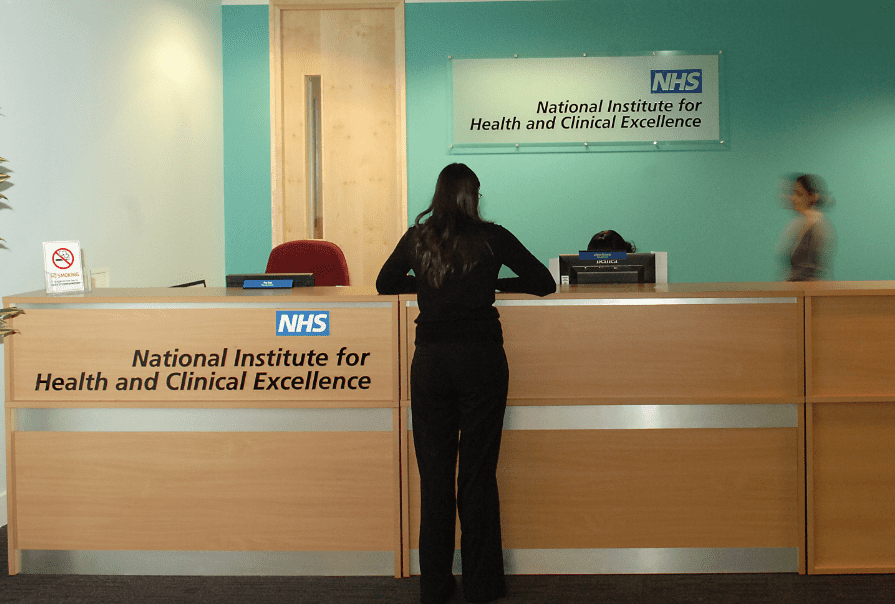
NICE hits back at ‘limited’ EC study
pharmafile | January 28, 2013 | News story | Sales and Marketing | ABPI, EC, NHS, NICE, QALY, Whitehead
NICE has delivered a robust defence of the methods by which it arrives at a judgment on the value of new drugs following criticism in a report funded by the European Commission.
The ECHOUTCOME project (European Consortium in Healthcare Outcomes and Cost-Benefit research) said NICE’s quality-adjusted life years (QALY) calculations do not reflect variations in views on illness and disability.
NICE looks at a drug’s cost for a year and weighs it against how much a patient’s life would be extended and improved – and does not recommend most treatments costing more than £20,000-30,000 per QALY.
ECHOUTCOME surveyed 1,300 respondents in Belgium, France, Italy and the UK, providing “robust scientific evidence that QALYs produce hugely inconsistent, wrong results, on which important decisions are being made”, the report said.
“Agencies such as NICE should abandon QALY in favour of other approaches,” recommended lead researcher Ariel Beresniak, saying that health authorities looking to adopt the NICE model ‘must seriously reconsider’.
But NICE chief executive Sir Andrew Dillon insisted the QALY “can be applied fairly across all diseases and conditions” and is “the best measure anyone has yet devised” for this.
“Economists will argue about the precision of the QALY methods and it’s not perfect,” he acknowledged. “But it’s based on solid research and uses a way of measuring how quality of life changes when using different treatments which is the best we have available.”
Calling the ECHOUTCOME research ‘rather limited’, Sir Andrew said the criticism of QALY calculations has not “shaken our confidence in its value to NICE”.
“QALYs only help to inform decisions about what the NHS should provide,” he concluded. “The final decisions are taken by people who work in the NHS, informed by the views of patients, manufacturers and academics.”
However, the ABPI seized on the project as highlighting the reasons behind the sorts of inequalities it regularly complains about.
“This research shows why NICE so often delivers conclusions that are out-of-step with other bodies and can undermine clinical work in the UK and most importantly deny UK patients in need, access to new and proven treatments,” said ABPI chief executive Stephen Whitehead.
“This is clearly a flawed approach that can produce damaging decisions,” he added.
While the ABPI is not a fan, NICE has been able to point to a number of high-powered figures who are happy to defend QALYs.
Professor Sheila Bird, programme leader at the University of Cambridge’s Medical Research Council Biostatistics Unit, said the original valuations on cost effectiveness were arrived at following a ‘carefully-designed survey’ of nearly 4,000 interviewees.
She said this formed a ‘stark’ contrast with what she termed ECHOUTCOME’s ‘eccentric’ approach to interviewees – with questions designed “not to elicit valuations, except for mobility, but to inquire about how risk averse they are”.
John Cairns, professor of health economics at the London School of Hygiene and Tropical Medicine – and a member of the NICE Appraisal Committee – said that QALYs were ‘certainly not perfect’.
“We need to be able to compare what we gain by spending in one area with what we lose by not spending in another area,” he went on. “This new project’s suggested approach of using measures of outcome specific to particular diseases will not allow us to do that.
“We should be looking for better ways of informing decision-making but getting rid of an imperfect system without replacing it with a better one is not the way forward,” he concluded.
David Spiegelhalter, Winton professor of the public understanding of risk at Cambridge University agreed: “Some mechanism is needed to provide consistent comparisons across different medical interventions, based on aggregate benefit and cost.
“Otherwise the money could go to those with the most appealing emotional argument,” he added.
Adam Hill
Related Content

Digital mental health technologies – a valuable tool in supporting people with depression and anxiety
The potential benefits of digital mental health technology for managing depression, anxiety and stress, together …

A community-first future: which pathways will get us there?
In the final Gateway to Local Adoption article of 2025, Visions4Health caught up with Julian …

The Pharma Files: with Dr Ewen Cameron, Chief Executive of West Suffolk NHS Foundation Trust
Pharmafile chats with Dr Ewen Cameron, Chief Executive of West Suffolk NHS Foundation Trust, about …






